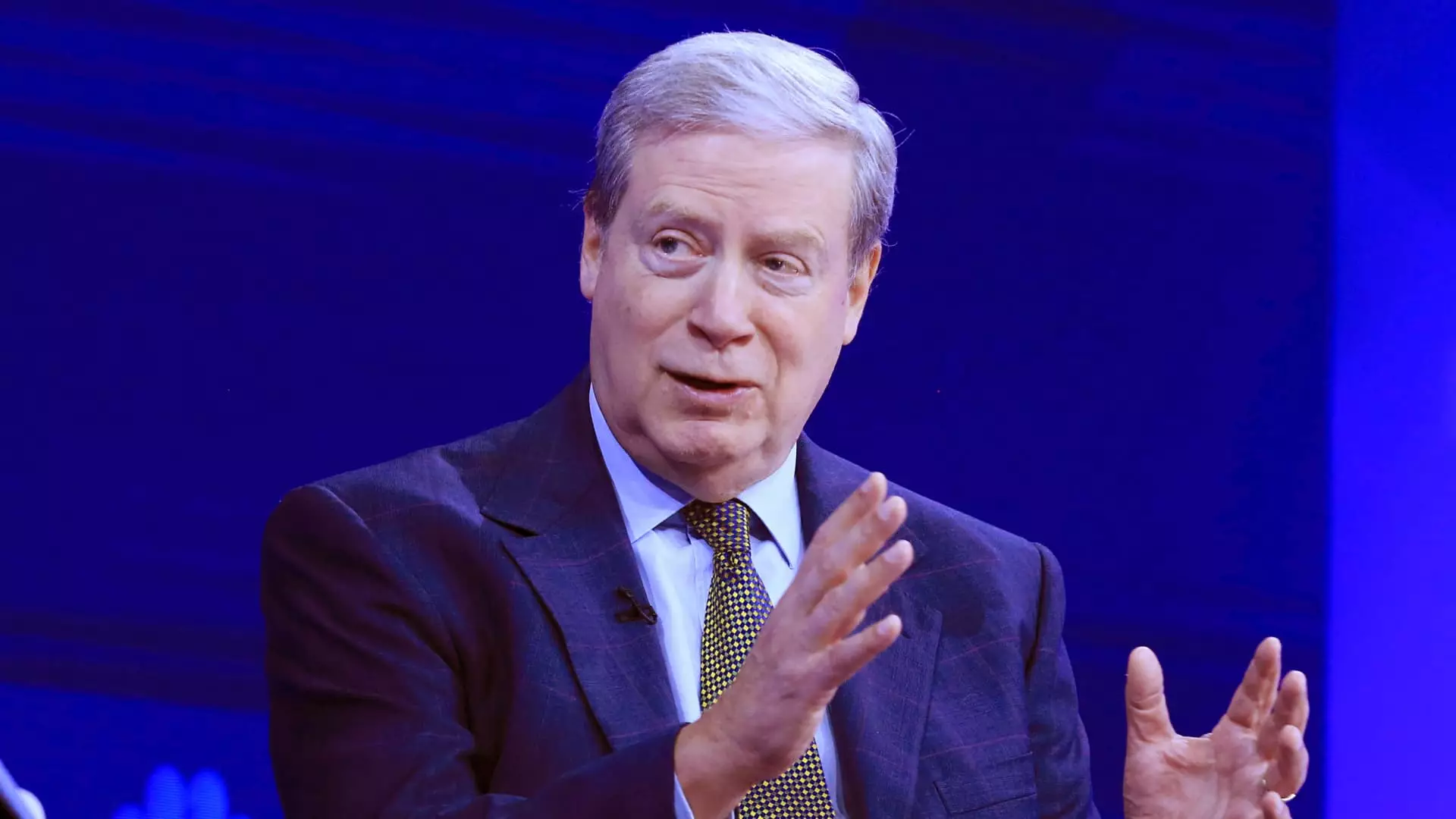Billionaire investor Stanley Druckenmiller has recently made waves in the financial community by asserting that the landscape of investment has shifted significantly since Donald Trump’s re-election. His observations indicate a revival of “animal spirits,” a term used to describe the emotional factors that can drive the economy. In an interview with CNBC, Druckenmiller expressed that his nearly five decades of experience have shown him a stark contrast between the previous administration and the current environment, characterizing it as a transition from anti-business sentiment to an environment that supports business growth and investment.
This renewed optimism is reflected in the attitudes of corporate executives, with many feeling either relieved or exuberant. Druckenmiller’s comments underscore a vital element of market psychology: when business leaders perceive a favorable political climate, it often leads to increased investments, expansions, and job creation. This revival of confidence in the market has important implications for the short-term economic outlook and investment strategies.
Despite his bullish outlook on the economy, Druckenmiller remains cautious about the stock market itself, particularly due to the rising bond yields. His stance suggests that while the economy may be poised for growth, the implications of high bond yields can create a complicated scenario for investors. Elevated bond yields typically indicate a strong economy but can simultaneously deter investment in equities, creating a tug-of-war effect that leaves investors weighing their options.
Druckenmiller’s investment strategy reflects this caution; he is maintaining a short position in Treasurys, betting that bond prices will decrease and yields will climb higher. This nuanced view of the market suggests that he sees the potential for economic growth, but recognizes that external factors like interest rates could temper stock market performance.
Following Trump’s victory, the S&P 500 showcased an impressive surge of nearly 6% in November alone, contributing to a year-to-date increase of over 23%. Such remarkable performance is often attributed to the anticipation of tax cuts and deregulatory policies that are expected to favor risk assets, particularly in the banking and energy sectors. Moreover, the cryptocurrency market has also witnessed a renaissance, with Bitcoin achieving new heights, reflecting the high-risk appetite prevalent among investors.
Druckenmiller’s focus on individual stocks rather than the broader market indicates a shift towards selective and strategic investing. His keen interest in companies that are leveraging artificial intelligence to slash costs and improve productivity underscores his forward-looking approach. While specifics on his AI investments remain undisclosed—having recently divested from Nvidia and Microsoft—such a focus aligns with broader technological trends shaping the future of various industries.
While concerns about potential trade tariffs under Trump’s administration loom large, Druckenmiller takes a more pragmatic stance. He postulates that the revenues generated from tariffs could help alleviate the fiscal constraints facing the U.S. economy. Viewing tariffs as a sort of consumption tax primarily borne by foreign entities, Druckenmiller argues that as long as tariff levels remain manageable, the associated risks might be overstated in light of potential economic rewards.
Moreover, discussions regarding a phased approach to tariffs, with gradual increases, suggest an effort to mitigate trade volatility while still pursuing fiscal objectives. Nevertheless, Druckenmiller acknowledges the possible repercussions of retaliation from trading partners, adding an additional layer of complexity to the overall economic landscape.
The Legacy of an Investment Titan
Stanley Druckenmiller’s storied career, which includes memorable successes like the $10 billion bet against the British pound in 1992 while managing George Soros’ Quantum Fund, reflects his ability to navigate market intricacies and capitalize on trends that others may overlook. His unique insights into the interplay between political decisions, market dynamics, and corporate sentiment offer valuable lessons for current and aspiring investors. As one of the most astute figures in finance, Druckenmiller’s views warrant attention not only for their historical context but also for their tangible implications on today’s market environment.

